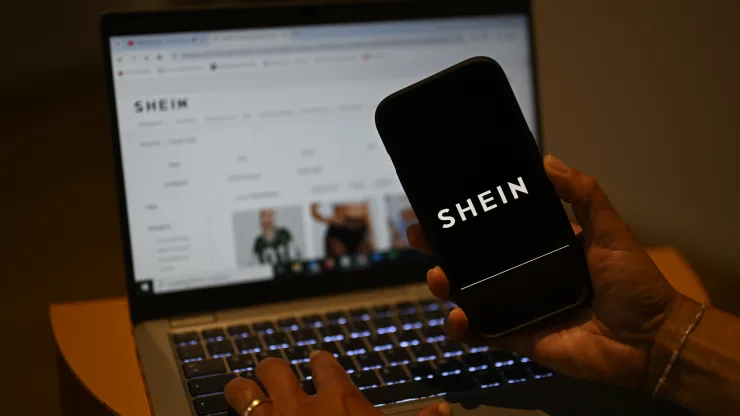China-founded e-commerce company Shein is encountering growing obstacles in its pursuit of going public in the United States, according to experts, as escalating tensions between Beijing and Washington complicate business and trade relations. Valued at $66 billion, Shein confidentially filed for a U.S. IPO in November but has since faced significant resistance, including multiple rejections from the National Retail Federation.
Despite becoming a household name in the U.S. by offering low prices and rapidly changing styles, Shein’s journey to secure a U.S. IPO has been fraught with challenges. The e-commerce giant poses a significant threat to major U.S. retailers such as Gap, TJX Companies, Macy’s, Target, Walmart, and Amazon, according to UBS data.
Amid mounting political resistance to its U.S. IPO, Shein appears to be shifting its strategy, reportedly preparing for a £50 billion offering in London. While a U.S. listing could potentially bring a higher valuation, the increasing scrutiny from federal and state officials, who have urged the Securities and Exchange Commission to examine or block the IPO, has made the process more difficult.
Angelo Bochanis, an IPO analyst at Renaissance Capital, noted that scrutinizing high-profile companies with Chinese roots is currently politically popular in the U.S. He suggested that a London IPO might be easier due to the British parliament’s dissolution and the London Stock Exchange’s eagerness for significant wins amid an IPO drought.
If successful in London, Shein is unlikely to continue pursuing a U.S. offering, according to Jay Ritter, a finance professor at the University of Florida. However, not all Chinese-linked companies face the same level of resistance. For instance, Chinese electric vehicle company Zeekr recently went public in the U.S. despite the Biden administration’s increasing scrutiny of Chinese-made electric vehicles.
Shein’s high-profile IPO pursuit has attracted attention from politicians aiming to appear tough on Beijing-linked companies. Although Shein has moved its headquarters to Singapore, much of its supply chain remains in China. This connection has raised concerns among U.S. officials about potential data sharing with the Chinese government.
In December, the House Committee on Energy and Commerce requested information from Shein regarding its data collection practices and ties to the Chinese government. This inquiry was part of a broader concern about data privacy and security, similar to the scrutiny faced by TikTok.
Beyond data privacy, Shein has faced allegations of forced labor in its supply chain, particularly in connection with the Xinjiang region of China. The U.S. Uyghur Forced Labor Prevention Act prohibits the sale of goods manufactured in Xinjiang due to its association with Uyghur detention camps. Although Shein denies these allegations, it remains under scrutiny.
Shein’s competitive practices, including exploiting U.S. customs law loopholes by shipping products individually rather than in bulk, have also drawn criticism. This practice exempts Shein from significant import taxes, giving it an advantage over rivals.
As political and regulatory pressures mount, Shein’s path to a U.S. IPO remains uncertain, prompting the company to explore alternative options abroad.
READ MORE:
